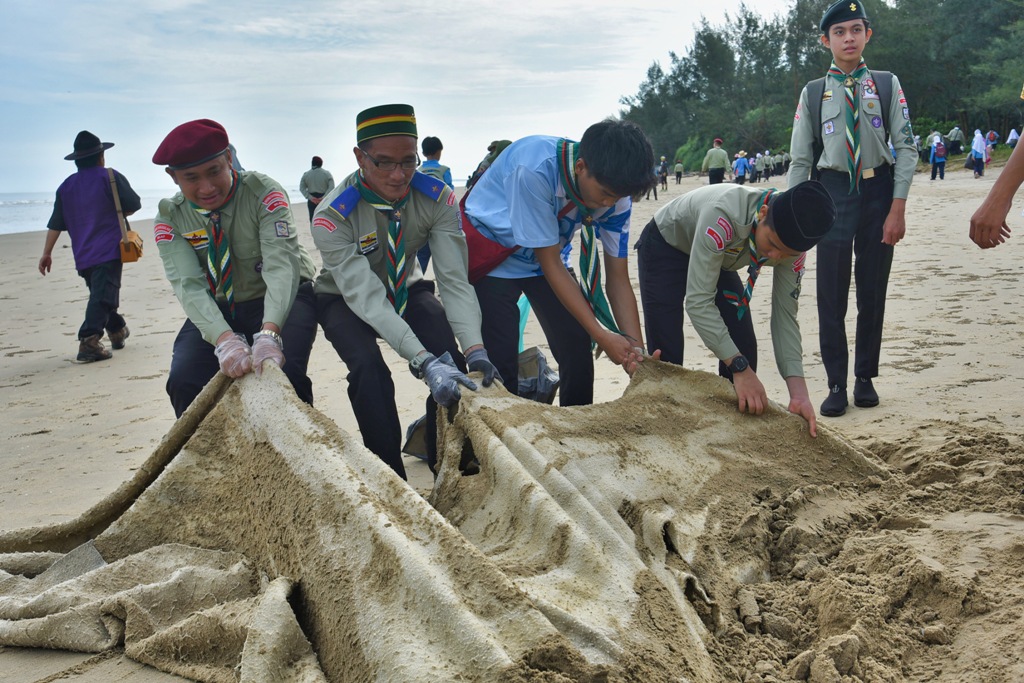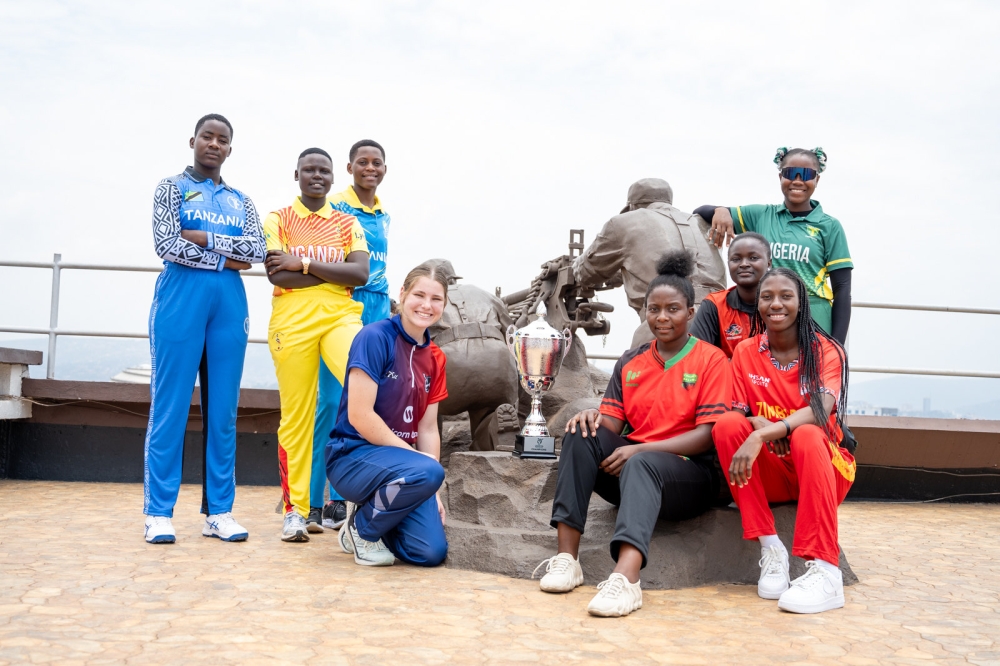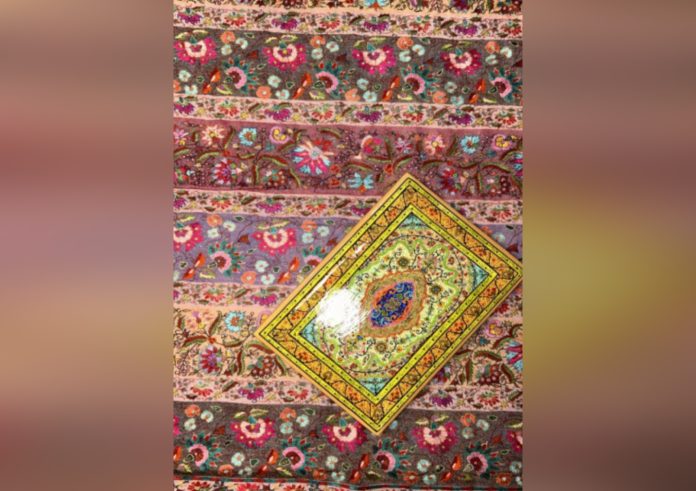Kimia Yousofi is not a name that has a ready recall. The Afghan sprinter did not break any records at the Olympics. After her 100 metre heats, she held up these words on paper: ‘Education’, ‘Sport’, ‘Our Rights’.
Of the six Afghan athletes in Paris, the ruling Taliban recognises only the three men. Yousofi, 28, lives in exile in Australia. Women in Afghanistan, she said, “Are not considered human.

” The fact that she finished two seconds behind the winner is inconsequential. That she participated at all places the medal-winning triumphalism at the Olympics in perspective. What price a gold medal when your very existence has been threatened daily? What joy being an international when you know governing bodies in sports are willing to let countries perpetuate injustices in return for votes? The story of Afghanistan’s women who dare to play a sport — the opposition is not just from the Taliban or society but from dear ones in the family who can be cruel too — is narrated in Khalida Popal’s My Beautiful Sisters , the story of the country’s football team.
Popal organised the team from scratch, got herself into the administration, organised tours and protected the players. It is, by extension, the story of a patriarchal society where violence against women, mental, physical and sexual, is commonplace. And where, as Popal says, anyone can be “arrested, raped or shot”, sometimes all three on the flimsiest excuse.
Popal and her family fled to Peshawar when she was a schoolgirl and then returned. The story of the men’s cricket team virtually created there is one of sport’s more romantic and inspiring. The story of the women, by contrast, is heartbreaking and tragic.
Two potential national players committed suicide when the pressures on family and the abuses became intolerable. “If she couldn’t control how she lived,” Popal writes of one of them, “she could control how she died.” As the team developed, Popal, its public face, was shot at, had her car rammed into, and was forced to seek refuge in Europe, where, she says, she was treated like a package that was sent to the wrong address.
When the US pulled out and the Taliban returned, Popal set up an NGO, Girl Power, and helped her footballing colleagues get out of Afghanistan. The story is compelling, and if it lacks too many specific details, that is understandable. Those at risk need to be protected.
Popal managed to get at least 500 sportswomen out of Afghanistan and find them new lives, many in Australia. Popal managed to get The Guardian interested in the story of predatory sexual behaviour by the chief of the Football Federation. But FIFA has not done enough for women’s football in Afghanistan.
“Football governance is a brotherhood, controlled and run by men looking to maintain and extend their power, profile and personal wealth,” writes Popal, rationalising why Afghanistan’s Football Federation has been allowed to carry on unchecked. It must be depressing to realise that the world outside, the so-called civilised one, operates like an autocracy too. Comments More stories from this issue Fighting for all Afghanistan women at Paris Olympics UFC Fight Night: Serghei Spivac moves closer to earning a title shot with win over Marcin Tybura Next Generation Cup 2024: Heroes of the future India tour of Sri Lanka: Key stats, records and trivia from IND v SL series European Football Season Preview: Will Harry Kane’s title drought end? India in Wrestling, Paris 2024 Olympics review: A legacy upheld and a heartbreak India in Badminton, Paris 2024 Olympics review: Lakshya provides saving grace in an otherwise lacklustre campaign There weren’t many like Vinesh Phogat, and there won’t be many like her Farewell Sreejesh, the man who brought us saves, memories and tears Paris Olympics 2024 Diary: From Paris with love and receiving a pin from an Olympic medallist Related Topics Kimia Yousofi / Paris Olympics / Paris 2024 Olympics / Taliban / FIFA Latest on Sportstar.


















